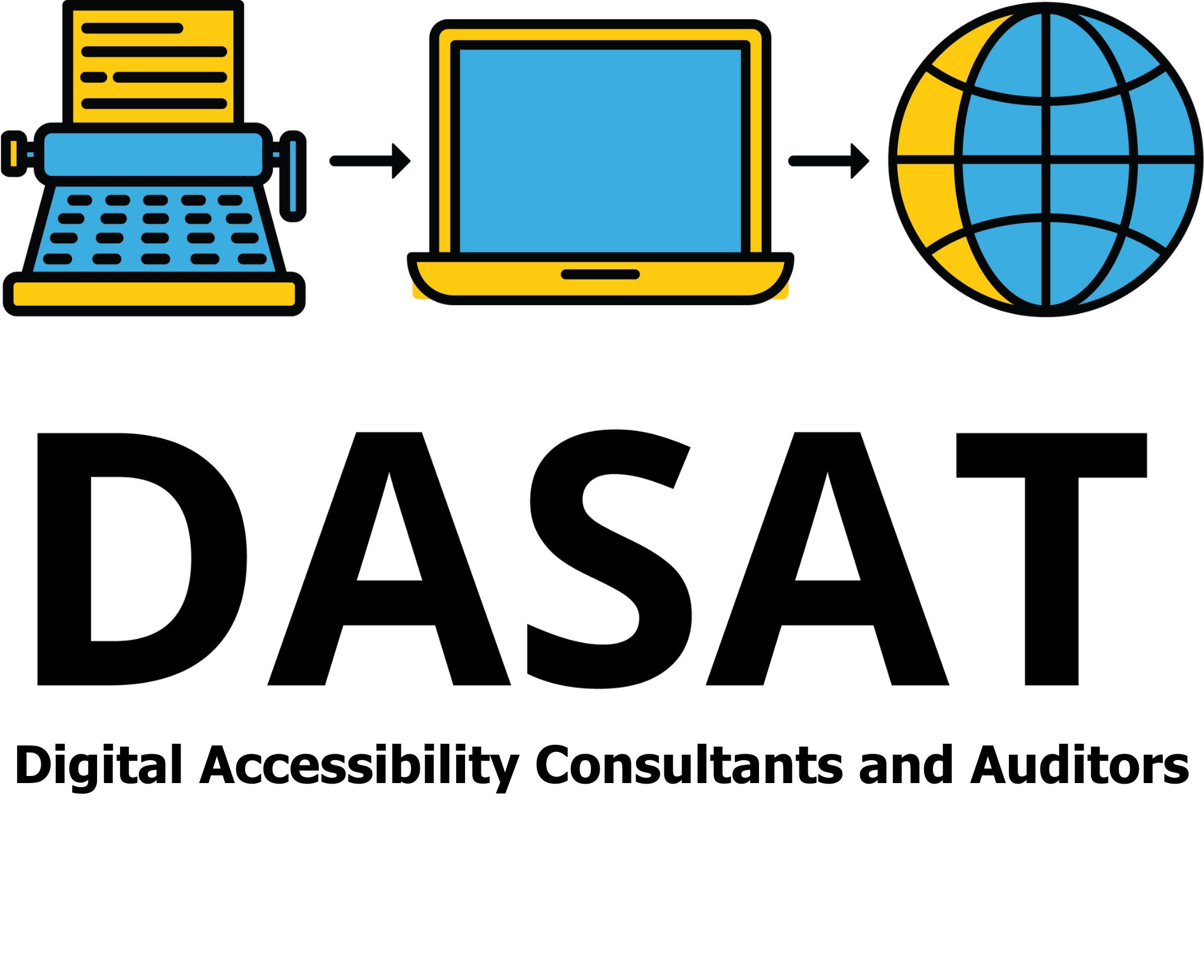
As people with disability, we often run into the issue of not being able to read invoices. That means that we can’t pay our bills. What happens and is there any laws in Australia that can protect us. We are not lawyers and are not able to provide legal advice in any form.

Reading an invoice
The first step that I take when I get an invoice is, like everyone else, try and read it. I use a screen reader. Others use text to speech tools while others use braille displays. Some use puff and sip tools. Some use voiceover on phones. These tools can only read information that is properly constructed. That is, if it is a PDF it must be tagged.
If the screen reader can read the information the next step is to see what information is available to me. There are many times when I can only see part of the information. The reading order of the invoice might not be correct. Just imagine listening to a table of information and you are forced to read it column by column and not row by row. Does it make sense? Do you know what you are paying for?
Now down to the graphics on the page. Quite often the “How To Pay” is a graphic in a PDF. Theis is not accessible to people that use assistive technology such as screen readers, braille displays and text to speech tools.

Get help
So if we can’t read the invoice the next step is to ring the business and ask them to read it to us. This allows us to record the amount owing and any other pertinent information correctly. This becomes a cost to the business. That is, a person has to take time away from other work to read the invoice to us.
If we don’t contact the business then we get a support worker to read the bill for us. So we pay a person to read the invoice that we need to pay. That becomes another cost for us. For those that are on NDIS packages this means that we lose support time that could be used for other important tasks that need to be done.

Australian Laws
In Australia, several laws protect the rights of consumers who are unable to understand an invoice due to reasons such as language barriers or disabilities. These laws ensure that consumers receive necessary assistance and accommodations to access essential information.
- Australian Consumer Law (ACL): The ACL provides comprehensive consumer protection in Australia. Under the ACL, consumers have the right to receive clear and accurate information about their purchases, including invoices. If a consumer is unable to understand an invoice, businesses may be required to provide assistance or alternative formats to ensure accessibility.
- Disability Discrimination Act 1992 (DDA): The DDA prohibits discrimination against individuals with disabilities in various areas, including access to goods, services, and facilities. Businesses are required to make reasonable adjustments to ensure that people with disabilities can access information, including invoices, in a format that is accessible to them.
- National Consumer Credit Protection Act 2009 (NCCP Act): The NCCP Act regulates consumer credit in Australia and ensures that consumers receive clear and transparent information about credit contracts, including invoices for credit transactions. If a consumer is unable to understand an invoice related to a credit transaction, the lender may be required to provide assistance or explanations to ensure comprehension.
- Privacy Act 1988: The Privacy Act governs the handling of personal information by Australian government agencies and businesses. It includes provisions related to the collection, use, and disclosure of personal information, including information contained in invoices. Businesses are required to ensure that consumers’ personal information, including invoices, is handled securely and transparently.
- Australian Human Rights Commission Act 1986: This legislation establishes the Australian Human Rights Commission (AHRC), which is responsible for promoting and protecting human rights in Australia, including the rights of consumers with disabilities. The AHRC may investigate complaints of discrimination related to accessibility and provide guidance on compliance with disability discrimination laws.

Conclusion
These laws collectively aim to ensure that consumers in Australia, including those who may face barriers to understanding invoices, receive necessary support and accommodations to access essential information. Businesses are required to comply with these laws to ensure that all consumers can fully exercise their rights and make informed decisions about their purchases.
If you have any issues, there is advocacy for accessible bills. Please contact your disability support group for more information.
